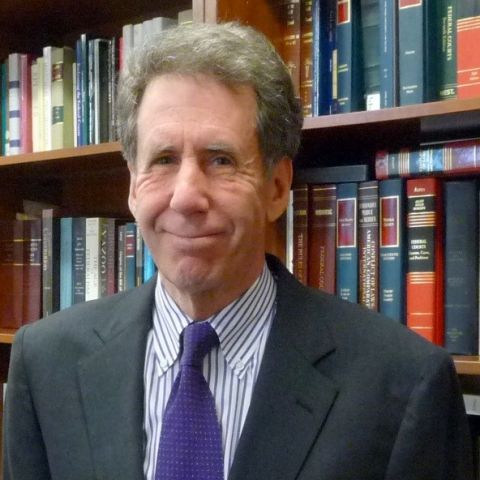In our increasingly polarized society, claims that prosecutions are politically motivated, racially motivated, or just plain arbitrary are more common than ever. The advent of “progressive” prosecutors will no doubt increase claims of bad faith prosecution. The Supreme Court has required relatively high standards for claims of race- or speech-motivated prosecution. Many have condemned the standards used by the Court as unduly limiting bad faith prosecution claims, and as inconsistent with ordinary standards for proving cases of unconstitutional motivation. In this article we address these criticisms and suggest that current standards may provide an appropriate middle ground between the perils of standards that are too lax or too stringent for bad faith prosecution claims. We also address other arguable inconsistencies between the standards for bad faith prosecutions claims and those for related areas, and offer resolutions. Finally, we show how the rise of progressive prosecutors may make proof of bad faith prosecutions easier.
For the over half-million people currently homeless in the United States, the U.S. Constitution has historically provided little help: it is strongly...
Gradualism should have won out in Dobbs v. Jackson Women’s Health, exerting gravitational influence on the majority and dissenters alike. In general...
Evidence law controls what information will be admissible in court and when, how, and by whom it may be presented. It shapes not only the trial...
Today, legal culture is shaped by One Big Question: should courts, particularly the US Supreme Court, have a lot of power? This question is affecting...
Constitutional review is the power of a body, usually a court, to assess whether law or government action complies with the constitution. Originating...
During times of crisis, governments often consider policies that may promote safety, but that would require overstepping constitutionally protected...
This casebook aspires to help students understand and think systematically about the techniques of statutory interpretation. It blends exposition with...
The United States has granted reparations for a variety of historical injustices, from imprisonment of Japanese Americans during the Second World War...
Supreme Court opinions involving race and the jury invariably open with the Fourteenth Amendment, the Civil Rights Act of 1875, or landmark cases like...
This Article develops a new way of understanding the law in order to address contemporary debates about judicial practice and reform. The...
On January 1, 2022, the most radical change to the American jury in at least thirty-five years occurred in Arizona: peremptory strikes, long a feature...
In New York State Rifle & Pistol Association v. Bruen, Justice Thomas’s majority opinion announced that the key to applying originalist methodology...
How should judges decide hard cases involving rights conflicts? Standard debates about this question are usually framed in jurisprudential terms...
In Poland, Venezuela, Rwanda, and several other countries, governments have in the past years altered basic rules of their constitutional system to...
Berryessa et al. (2022) consider how prior experience as a criminal prosecutor may influence judicial behaviour, but their concerns about prior...
For several days, former President Donald Trump and his 18 co-defendants in a Georgia election interference case trickled into the Fulton County Jail...
In Chile, many commentators, academics and political leaders have spent years arguing that the limited nature of the social rights in the national...

